Penny Hope, a ‘humanist,’ who opened the door to women at Billy Goode’s bar
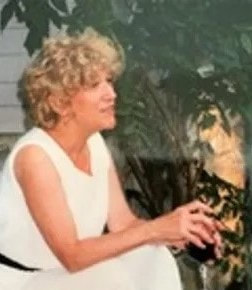 PENNY HOPE CREDIT: Providence Journal/ Newport Daily News obituary 6/30/23 PENNY HOPE CREDIT: Providence Journal/ Newport Daily News obituary 6/30/23 FORTY-NINE YEARS AGO, Penny Hope stepped into a legendary Newport, R.I. tavern, just momentarily, to escape the summer heat. Instead, she found herself in the middle of a national storm about – among other things – where a girl could get a drink. The tavern's root went back to Prohibition, as a speakeasy mischievously called “The Mission.” After repeal, it was renamed for its owner, William J. Goode, who ran the establishment into his 90’s, a sanctuary for all ranks of drinking men – military men, working men, business men – the operative word being men. When the whirlwind subsided, Goode was forced to renege on his vow that if he were ever forced to admit the likes of a Penny Hope, he’d tear off the door to the restroom. (Instead, he reportedly ordered a lower portion of the door sawed off). Penny described herself as an accidental – but not reluctant – player in the crusade to advance women’s rights at Billy Goode’s and beyond. She was distressed by how she and other women were treated during the controversy – as sex objects, as commodities. But she was also perplexed. She’d lived in New York City and doubted that even the proprietors of a men's-only Big Apple bar would have put a woman out on the streets for little or no reason on a hot summer day: “It just wasn’t the kind of manners I was used to. I wasn’t as horrified as I was puzzled.” THE INCIDENT BEGAN Aug. 15, 1974, when Penny, who was 32 and known as Penny Goff, planned a night out with her friend, Richard Donelly, a 27-year-old plumber. First, Richard wanted to stop by Billy Goode’s to pick up his paycheck. Every Thursday, a truck from the plumbing company he worked for would drop off workers’ checks at the tavern. Billy Goode himself, seated at a corner table, cashed the checks, dispensing bills from a cardboard box. In return, the workers usually moved to the bar, where they left a fraction of their weekly earnings. “She stood in the doorway; not even coming in,” Richard recalled in a 2012 interview. He told the bartender, Edward J. Sharkey, Goode’s nephew and the tavern’s manager, he was there for his check. Richard liked Sharkey, a “good guy,” who would run a tab for patrons short on cash. Then Sharkey spotted Penny: “She’s got to get out of here. She can’t come in here. She has to leave.” Penny remembered Sharkey’s instructions as more thunderous. “I believe it was August – and hot, which is why I came in,” she said. “I don’t even think there was air conditioning, but there were fans. It was shady and cool, so I came inside the door.” She didn’t know Ed Sharkey or his uncle. “Whoever it was, he pitched a fit. Screaming. I thought that maybe there was a fight. I could not imagine what they were screaming about. But they were screaming because I had set foot in the place.” Richard and Penny left. But after they had gone about 50 feet, the plumber had second thoughts. “Hey, wait a minute,” Richard said to Penny. “He doesn’t have any right to say you can’t. You want to go have a beer or something at Billy Goode’s? Okay, alright, alright. Let’s go. Let’s go cause some trouble.” So, they went back in, and Sharkey would not serve them. 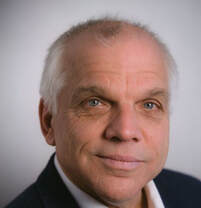 RICHARD DONELLY CREDIT: Trinity Repertory Co. RICHARD DONELLY CREDIT: Trinity Repertory Co. A week later, they made a repeat visit, this time with Bruce Sherman in tow, a Newport Daily News reporter. Sherman interviewed people at the bar, including a father of four: “I still think a working man should have a place where he can come after the work day and express himself forcefully in the same way he does on the job," the guy told Sherman. "We're not in the beauty parlor… This is my hangout. If I want to go out with the family, I go someplace else.” After the Daily News article came out, the incident became fodder for a talk show on the local radio station, WADK. Penny was home, painting a wall or washing floors, and was “horrified” by what was being said on the radio. “I heard women being called things: homewreckers, sluts and whores.” Richard Donelly, driving on Broadway in his truck, also was listening. “People would call up and say things like: ‘This woman has kids. I know who she is. She has three kids, and what is she doing, hanging around a bar all day?’” Donelly said. Then the show’s host announced: “Well, we have Penny Goff on the phone right now, and she wants to give her side of the story.” Penny told the listeners that she and Richard had no intention of drinking at the tavern that day, and from her point of view, that would not have been their choice of a place to drink: “I would never drink in Billy Goode’s. But it’s my choice. Not theirs.” 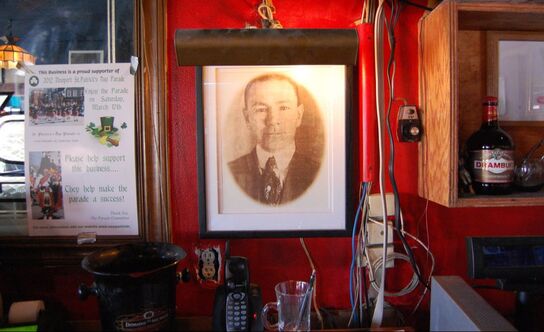 WILLIAM J. GOODE memorialized at the tavern's bar. WILLIAM J. GOODE memorialized at the tavern's bar. ALMOST FORTY YEARS LATER, Penelope Lee Hope was back at Billy Goode’s Tavern, now under the stewardship of Kevan Campbell, who ran it as the last of Newport’s authentic taverns, common ground for politicians, artists, Navy officers, writers and a variety of musicians, who performed at its intimate concert space. Hope was being interviewed for a magazine story about Billy Goode’s, and she had chosen the tavern as the place to talk, relishing the irony of being back at a place that once, but no longer, was so hostile to her and other women. Still, she was nervous. She sat facing away from the bar, so the conversation could not be overheard by other patrons. The sting of the long-ago controversy remained acute. “It’s a good story and I’d like to do it freely," she said. "But I really want to be careful about not embarrassing anybody and not embarrassing myself.” The challenges to Billy Goode’s men-only rule continued. The local president of the National Organization of Women (NOW), called Penny: “Listen, some of the girls and I are going down to Billy Goode’s for a beer. Would you like to come?” When she arrived, NOW members were drinking beer at the bar. But someone running the place recognized her: “I must have been here for altogether six or seven minutes, and they closed the bar rather than serve me.” (The bartender later maintained it was closing time). Other forces were at work. In Providence, U.S. District Court Judge Raymond J. Pettine had ruled in a suit brought by women against a men's-only bar in the capital city, setting the stage for women’s inclusion elsewhere in Rhode Island. Penny Hope went onto a varied career as a writer, teacher and actor. Richard Donelly split his time as a plumber and, increasingly, as an actor with Rhode Island’s premier theater groups, including the Gamm Theatre and Trinity Repertory Company, as well as film and TV productions. Billy Goode’s went out of business in 2013. Hope’s commitment to women’s rights was fierce but nuanced. She earned a doctorate at the University of Rhode Island, with her thesis examining the influence of Biblical era patriarchy in 18th Century novels. “I’m not a feminist. I’m a humanist,” she told her interviewer. “How do I feel? That’s how feel. I feel like a humanist.” “I think it sorted out right, you know,” she said of the Billy Goode’s episode, because the patriarchy that excluded women gave way to the inclusionary forces of democracy. “I have a vision that patriarchy cannot co-exist with democracy,” Hope said. “Neither can feminism and democracy co-exist.”
0 Comments
AS THE CASE AGAINST ‘THE DEFENDANT’ UNFOLDS, LET’S KEEP JOE BIDEN IN MIND. |
BRIAN C. JONES
I'VE BEEN a reporter and writer for 60 years, long enough to have learned that journalists don't know very much, although I've met some smart ones.
Mainly, what reporters know comes from asking other people questions and fretting about their answers. This blog is a successor to one inspired by our dog, Phoebe, who was smart, sweet and the antithesis of Donald Trump. She died Feb. 3, 2022, and I don't see getting over that very soon. Occasionally, I think about trying to reach her via cell phone. |
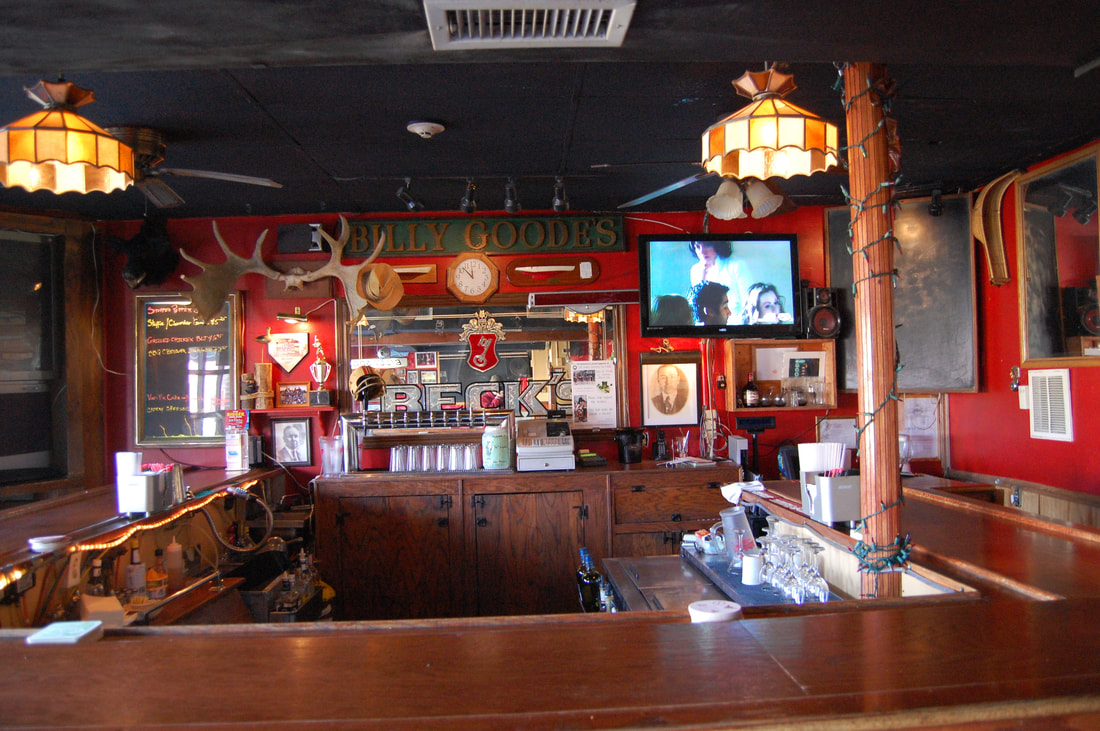
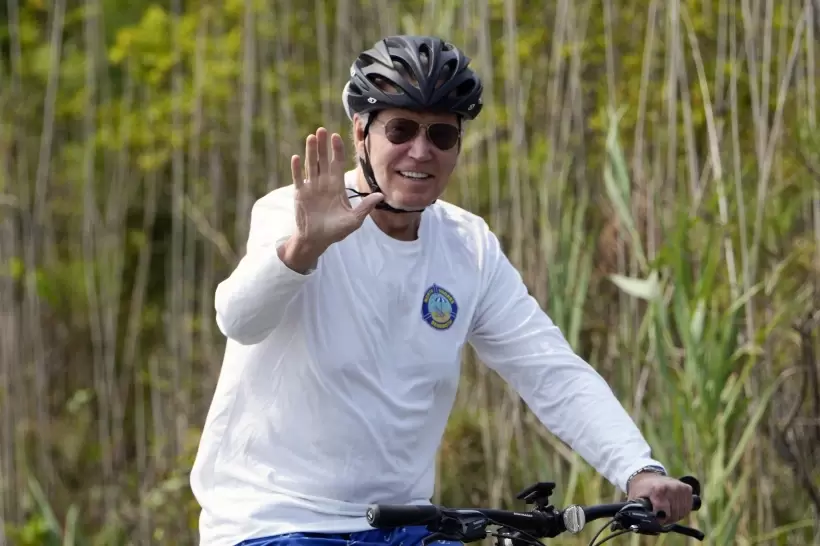
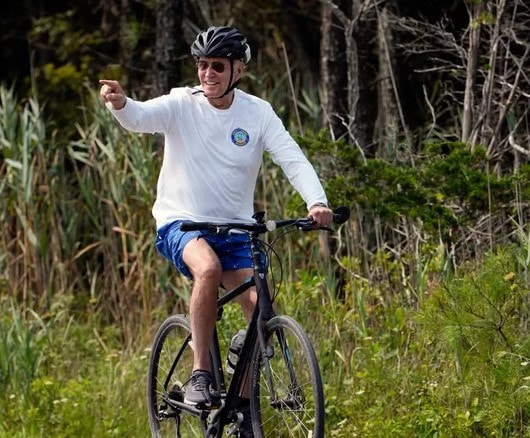
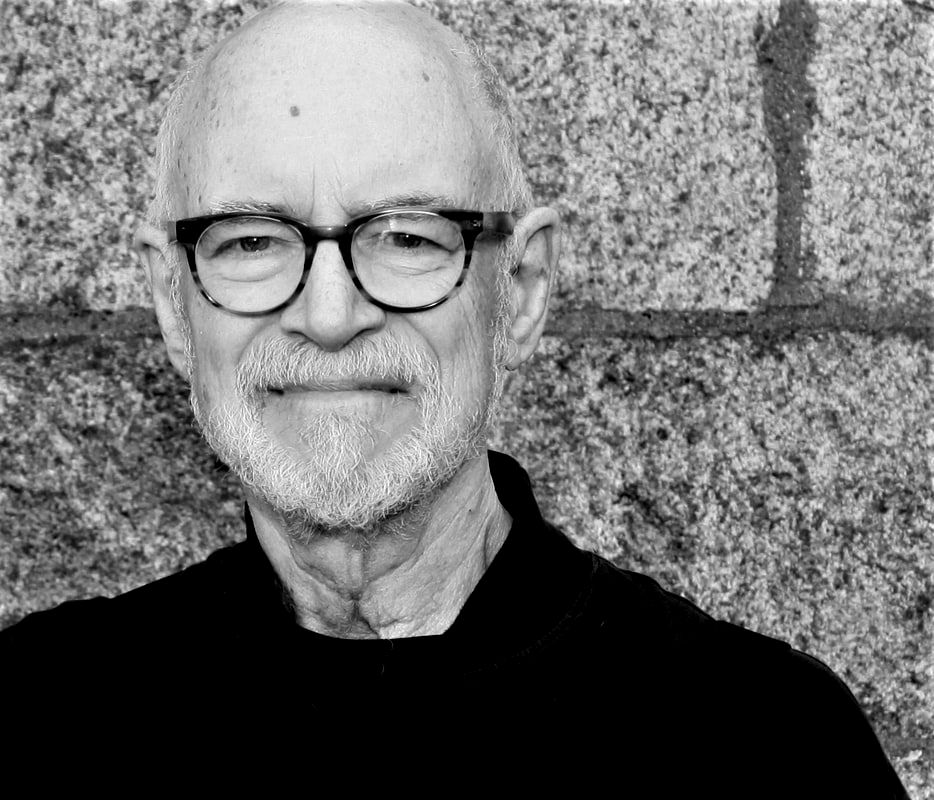
 RSS Feed
RSS Feed